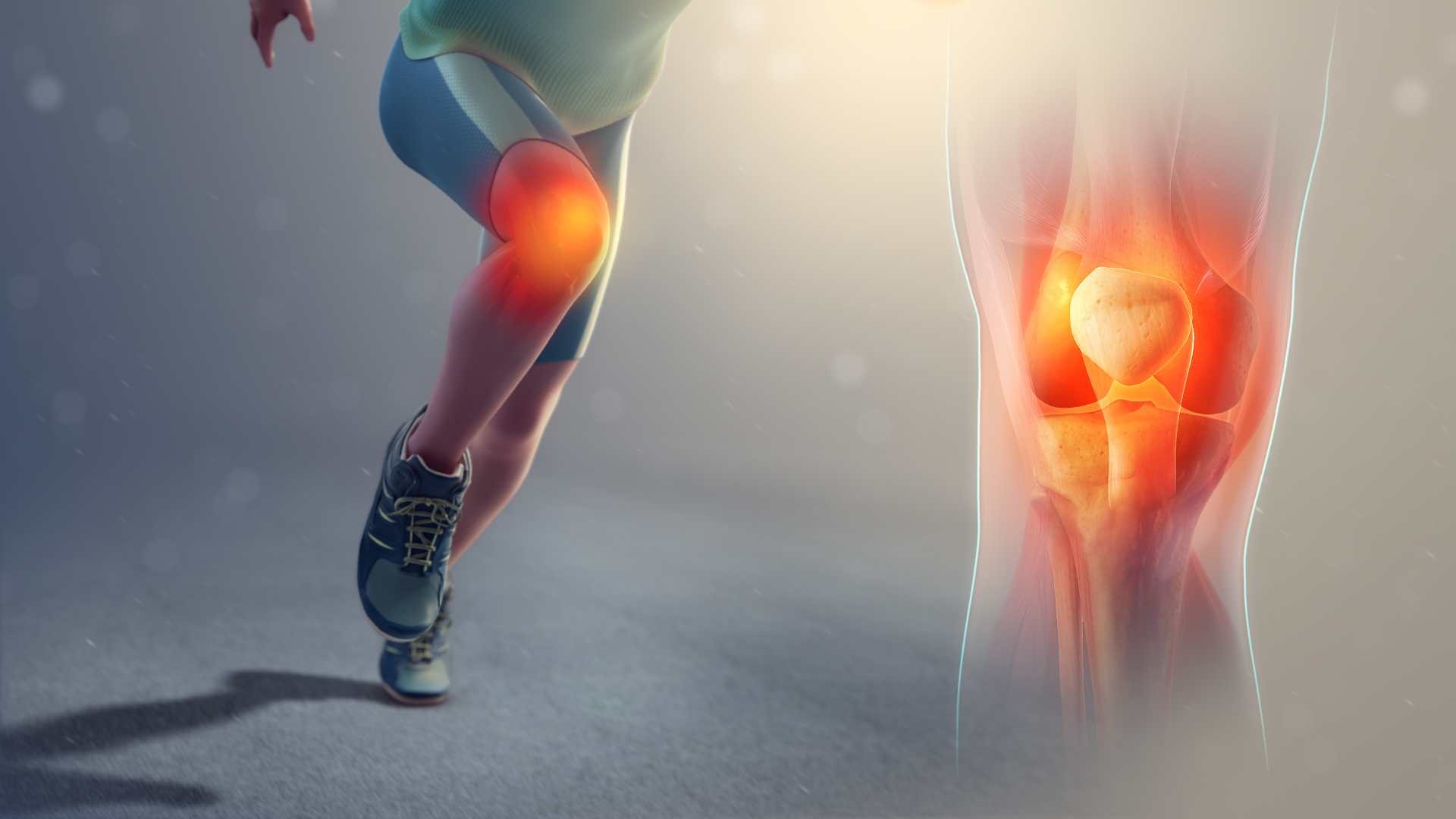By Lucy Coleman September 1, 2022
For professional athletes, injuries come with the job.
At some point in their athletic career, they all have to deal with injuries; some may even be life-threatening.
Injuries tend to occur due to repetitive physical activities that are done either incorrectly or too vigorously.
Sports injuries are divided into two categories ;
- Acute injury: This refers to an injury that happens suddenly and unexpectedly.
For example, an athlete sprains his ankle during an NFL game. This type of injury happens at once and the injured athlete is immediately taken for medical attention after which he is allowed back into the team after he recovers so he doesn’t exacerbate his injury
- Chronic injury – When joints and muscles are placed under repeated stress or an acute injury isn’t completely healed before another injury is inflicted again, this is described as a chronic injury. They develop gradually over a while and if they are ignored, it could be extremely dangerous to the player.
Tough times are a constant reality of professional sports and these serve as a reminder of how resilient athletes are.
This was the case of Miami Dolphins quarterback Tua Tagovailoa who suffered a gruesome injury on a Thursday night game in a loss to the Cincinnati Bengals that saw his arms and fingers lock up in an unnatural decision while he was on the ground.
The 24-year-old was stretchered off the field and the team announced he had severe head and neck injuries due to repeated blows to the head despite a previous concussion that wasn’t fully healed.
Medical specialists speculated that Tagovailoa’s life and career were on the line, as one can suffer fatal consequences with multiple concussions in a short period.
The popular assumption was that Tagovailoa’s finger locking was a telltale sign of “fencing response – which is a condition where a person suffers traumatic brain injury from a strong impact, such as a concussion, that causes the arms to flex into an unnatural position.
Though reports say that the star athlete is making speedy recovery, traumatic injuries could have some effects on the life and career of an athlete. At times, we separate the physical from the mental, when in fact, they are connected.
Injuries to players cause emotional problems that could leave them emotionally scarred. This is because of the pain, the effect the injury has on their career, the conversations around the injury, and the imbalance in their body. Trauma is the response to an event that causes deep distress or disturbance.
When a player fractures a joint, sprains a ligament, or breaks a bone, they immediately experience trauma.The player immediately goes through thorough physical rehabilitation where the area of trauma is focused on and the body is made to rebuild itself
How about the emotional repercussions? Athletes are capable of housing trauma from an injury they have not dealt with emotionally and if these psychological effects are overlooked, it could be detrimental to the athlete’s overall life. For some athletes, being injured and getting taken out of their sport can trigger significant mental health issues.
THE PSYCHOLOGICAL EFFECT OF INJURIES ON PROFESSIONAL ATHLETES
How do injuries psychologically affect a professional athlete?
While recovering from an injury, an athlete can exhibit emotional responses such as:
- Anxiety
Even when a player makes a full physical recovery, their anxiety levels can remain extremely high.
Due to the anxiety, they lose trust in their body
Subconsciously, players often change their style of play to avoid exposing themselves to situations that could make them injured again
- Depression
In the case of severe injuries, the athlete might have to depend on other people to help with what used to be effortless actions like showering, walking, or getting dressed. This no doubt reduces the athlete’s feelings of independence and leads to feelings of exasperation and inadequacy.
These feelings could worsen when they miss out on the action and start fearing that their position on the team might be replaced with someone else.
The fears of never fully recovering from their injuries could also lead to depression While other effects could include isolation from family and friends, lack of motivation, insomnia, eating disorders, frustration, and disengagement from loved ones. These are all normal during the recovery period when the athlete is kept off the game.
A player might get understandably frustrated or brooding when his team is playing in a big game that he isn’t a part of due to an injury. However, these responses should be addressed rather than ignored. Without proper treatment, these “normal” responses could turn into severe psychological disorders which can have long-term consequences. That is, if an injury is not properly managed, negative thoughts, social isolation, mood swings, fear, anger, and insecurity can all rear their ugly heads. Symptoms like these will affect the athlete personally, their family, and their social life.
To combat the negative psychological and physiological impacts that sports injuries have on an athlete’s career and personal life, there is a need for social support. Often, shame or stigma may prevent an athlete who is struggling emotionally from seeking help. The job falls on the laps of all athletic personnel, coaches, trainers, teammates, and even parents or loved ones to be aware of the trauma of sports injuries, especially when it comes to mental health. If any of these people notice the potential onset of behavioral change in an athlete, they need to take the time to check in and show genuine concern for them.
When an athlete is recovering from an injury, simply asking the patient how they’re coping from an emotional standpoint can be extremely valuable to them. It is important to also note that an athlete’s psychological response to injury can either delay or regress physical recovery. To properly deal with this, physiotherapy and psychology are excellent tools that can help injured players recover from injuries quickly so that they are back on their feet in no time!



